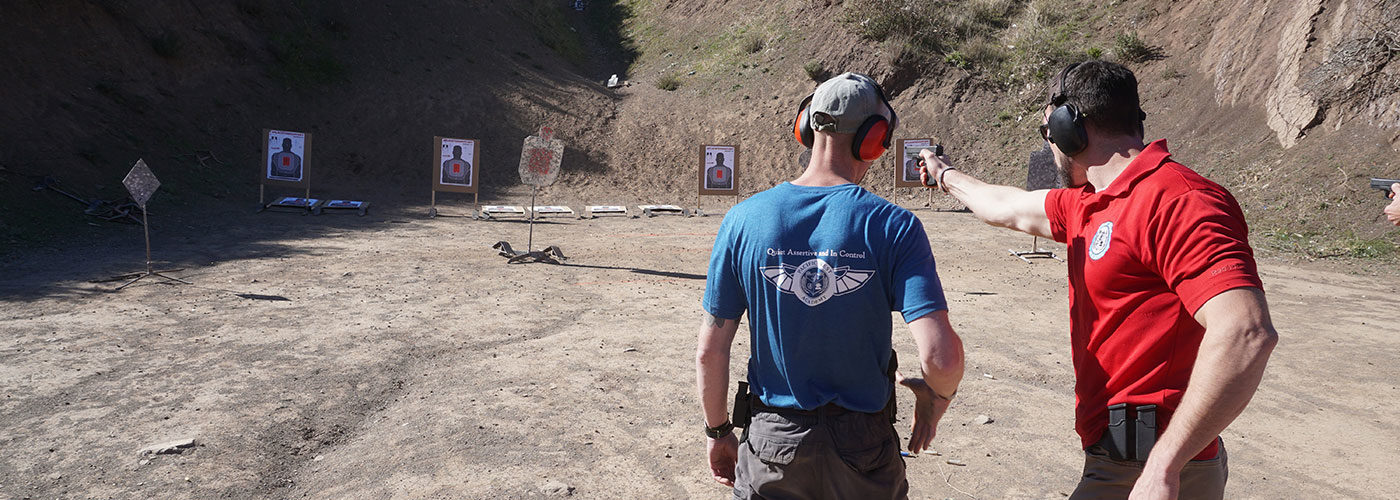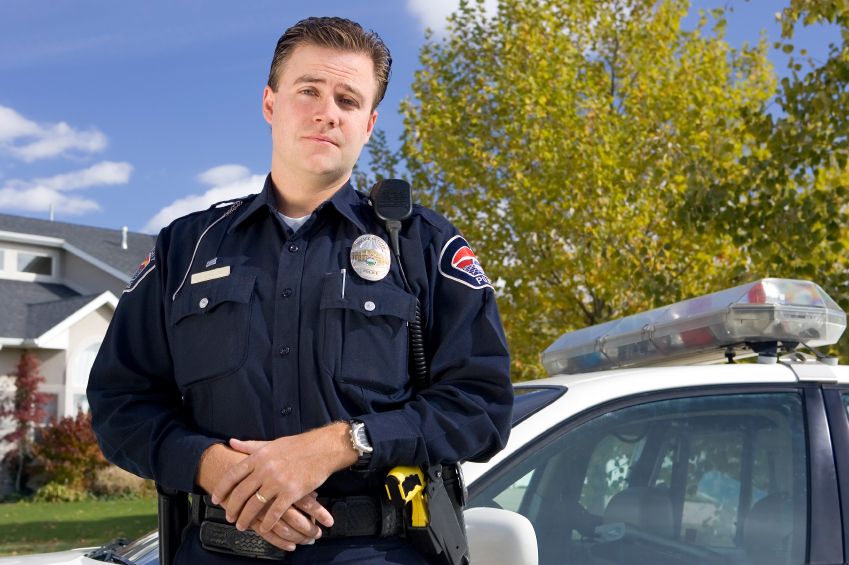
School Security Guards SB 1626 Training & Certification
Complete SB 1626 Training for School Security Guards at Pacific West Academy.
With the passage of SB 1626 in 1998, state law requires security guards in Kindergarten through 12th grade (K-12) school districts or California community college districts to complete a course of training developed by the Bureau of Security and Investigative Services (BSIS). The law applies to campus security personnel working on school property for more than 20 hours per week. In 1998, state laws related to school security changed in a bid to offer greater protection for children and staff.
The passage of SB 1626 requires school security guards based in institutions in California providing education for children from kindergarten through 12th grade (K2) to undertake and complete specific training. The training program was developed by the Bureau of Security and Investigative Services (BSIS). If you intend to work in a school setting for a minimum of 20 hours per week, we recommend signing up for our School Security Guards SB 1626 Training program.

SB 1626 Course Students will learn:
School security guards work to protect children and staff at institutions all over the state. In order to do an excellent job and to understand the unique demands of an educational setting, training is highly recommended. Since 1998, school security guards working in facilities providing education for children from kindergarten through 12th grade (K-12) have been legally required to undertake advanced security training. At Pacific West Academy, our school security course covers a broad spectrum of topics combining practical and theoretical learning to prepare security personnel to cope with the ever-changing demands of the school environment.
- Role and Responsibility of School Security Officer: To understand the responsibilities and day to day tasks involved with being a school security officer. The nature of this job is very different to posts held by other types of security guard, and guards must be aware of the specific challenges facing schools today.
- Laws and Liability: To understand the laws surrounding school security, including using non-lethal weapons and employing surveillance techniques, and to gain an insight into liability. As a security officer, you are responsible for your actions, and you should act according to state laws and policies enforced by your employer.
- Security Awareness in the Educational Environment: To raise awareness of security measures and promote good practice guidelines within an educational setting: school security guards can play an influential role in educating staff and children about measures they can employ to increase their safety and that of others around them. School security guards can also have a role in making people feel safe and secure and reducing anxiety and fear.
- Mediation/Conflict Resolution: How to deal with conflicts and develop mediation skills: disagreements can escalate and put students and staff in danger. Using mediation and conflict resolution skills, security guards can nullify the threat of both verbal and physical fights and reduce the risk of external attacks.
- Disasters and Emergencies: How to respond to disasters and emergency situations: school security guards may be required to act urgently to secure premises and to protect students and staff members in the event of an unexpected attack or disaster. The nature of threats is changing all the time, and schools face a very different set of challenges to those experienced 20, 30 or even 10 years ago.
- Dynamics of Student Behavior: To gain an insight into how students behave and to detect possible threats or signs of threatening behavior. Security guards have an influential presence on campus and interaction with students can help to eliminate risks and identify potential threats before they become more potent.
The School Security Guards SB 1626 Training course is designed for:
Security guards who have a contract to provide protection for K-12 schools or community colleges in California. In this case, the contract is between a private operator and an educational institution. Any security professional who is based on campus for at least 20 hours a week within the K-12 school district is required to complete specific training.
Requirements:
- The training requirement affects only guards employed pursuant to a contract between a K-12 school district or California community college district and a private patrol operator.
- Pass written exam
Certification:
- Mandated Training for School Security Guards SB 1626 through Pacific West Academy
Duration: 24 Hours
Why choose Pacific West Academy?
We hold a number of approvals from regulatory bodies pertaining to the quality of the courses we provide. We are approved by the Bureau for Private Postsecondary Education (BPPE), the California State Approving Agency for Veterans Education (CSAAVE), and many more besides. These approvals mean that when you enroll on one of our courses, you can be completely confident. They mean our training and education methods are of the highest possible standards.
Why not get in touch us today?
We at Pacific West Academy would be happy to discuss any questions or queries you may have about our Arrest and Control course. So whether you want to ask for more information or take the next step in booking your place on one of our courses, don’t hesitate to get in touch. We look forward to welcoming you onto one of our courses soon.
